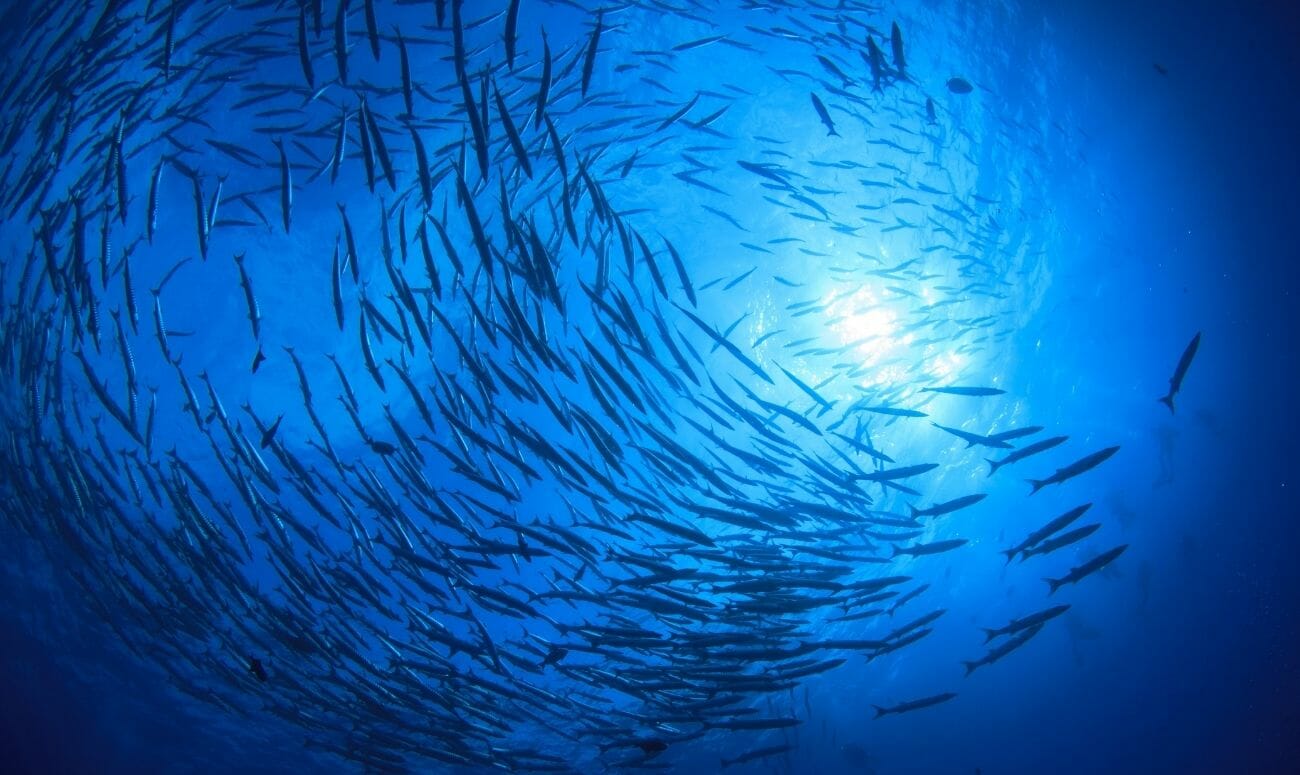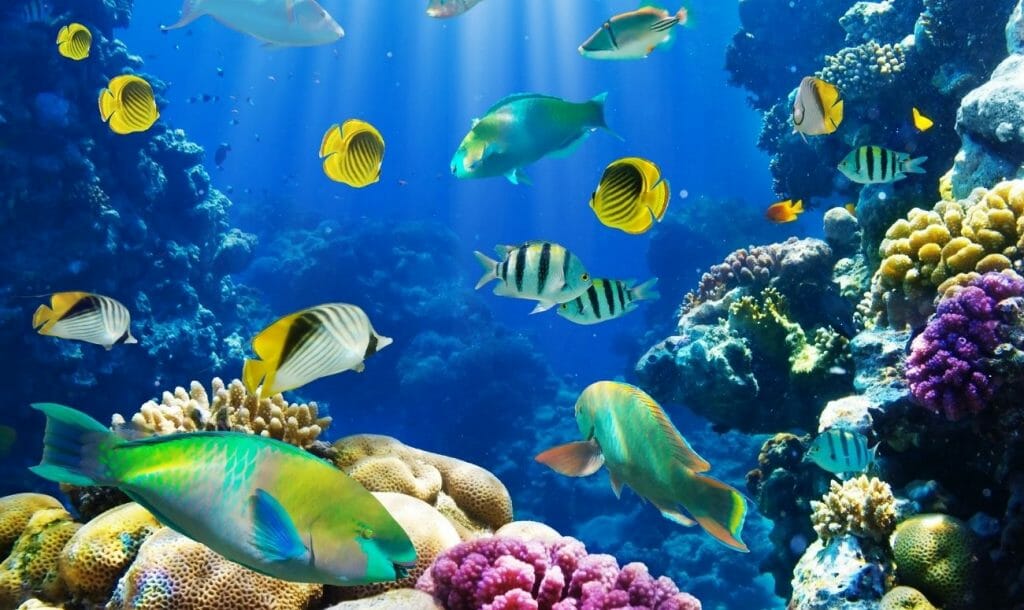The Start of High Level Panel for a Sustainable Ocean Economy
It’s intriguing to see that heads of 14 Nations got together to discuss the declining conditions of the world’s ocean health. They first met in 2018 and had planned 14 sessions but could meet only twice before the pandemic. But through video conferencing, they have made rather a noteworthy achievement during these complicated times. This week they announced the most impactful pact ever to sustain and protect ocean health.
The usual names aren’t in this High Level Panel for a Sustainable Ocean Economy of 14 Nations which includes, Australia, Canada, Chile, Ghana, Indonesia, Japan, Kenya, Mexico, Namibia, Norway, Portugal, and the island nations of Fiji, Jamaica, and Palau. This was because Vidar Helgesen, Norway’s former Minister of Climate and Environment and the driving force behind the project says, “Negotiation with that category of country isn’t all that easy, we decided to get a group where high politics wouldn’t get in the way and we could be focused on the task.”
How do they plan to go about it?
Together they form quite an extraordinary number such as 40% of the world’s coastline, 30% of the offshore exclusive economic zone, 20% of the world’s fisheries and shipping fleet. These 14 leaders are now inviting other leaders to join forces.
The panel has agreed that by 2025 they’ll sustainably manage 100% of the oceans under their jurisdiction. And also, by following the United Nations campaign “30 by 30” to set aside 30% of the seas as marine protected by 2030. The leaders backed by science are certain that both these measures will assist in ending overfishing and illegal fishing. Not only rebuilt the fish stocks and stop the plastic waste from entering the sea but also dead zones due to farm waste.

The reason behind these decisions
“What I find really interesting is that 14 nations spent the last two years talking to each other in an experiment you’d like to see more of in the future,” says Nancy Knowlton, a marine scientist emeritus at the Smithsonian Institution, who was not involved in the project. “They are working together as a team. Starting with countries on the same page provides a mechanism for actually achieving success.”
The method that they are using is highly conventional. Instead of looking at the ocean as a victim, they are looking at it as a part of the global solution. And they are certain that if properly managed the ocean economy can expand.
“We are discovering smarter ways to use the ocean without using it up,” says Jane Lubchenco, who headed the National Oceanic and Atmospheric Administration in the Obama Administration and co-chaired the High Level Panel’s experts committee.
“The goal is not to just protect a small fraction of the ocean and trash the rest, so to speak, but to be ambitious in saying 100 percent of our ocean needs to be managed so it’s not deteriorating any further,” says Boris Worm. “And, a lot needs to be rebuilt and recovered and restored. That’s the real question here.”
Read more: 12 Biographies To Be Read
Like & Follow ThinkRight.me on Facebook, Instagram, and Telegram to stay connected.






























